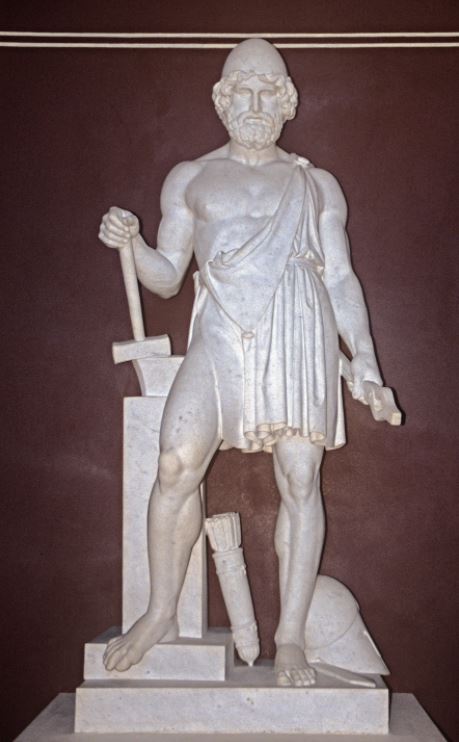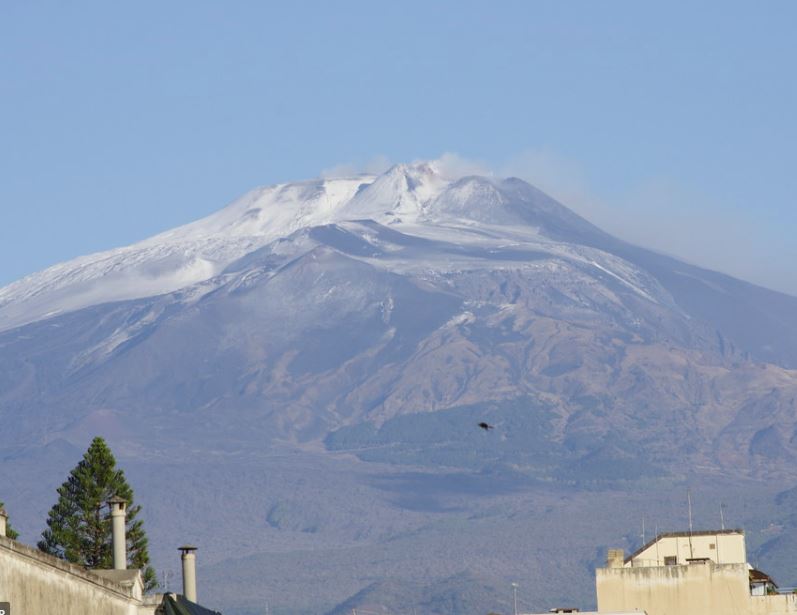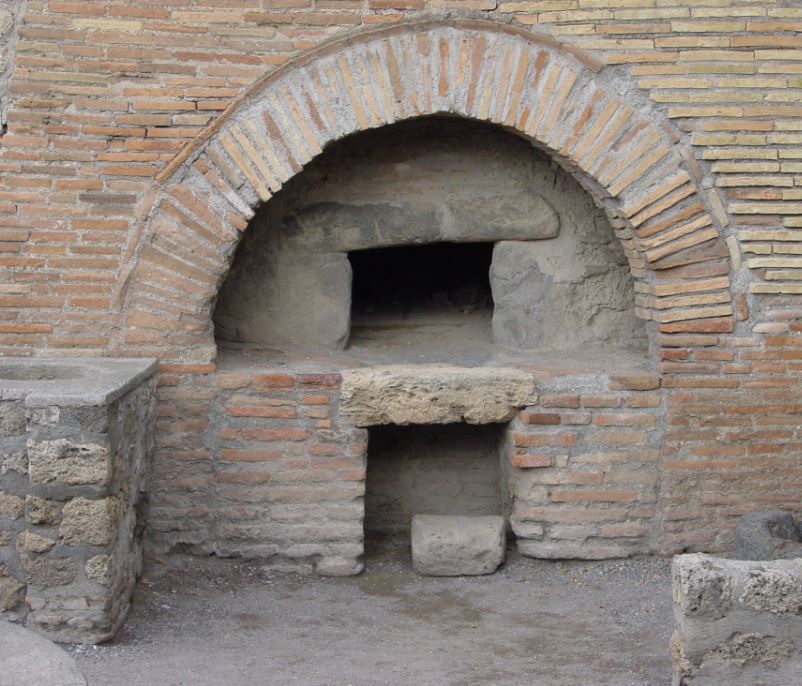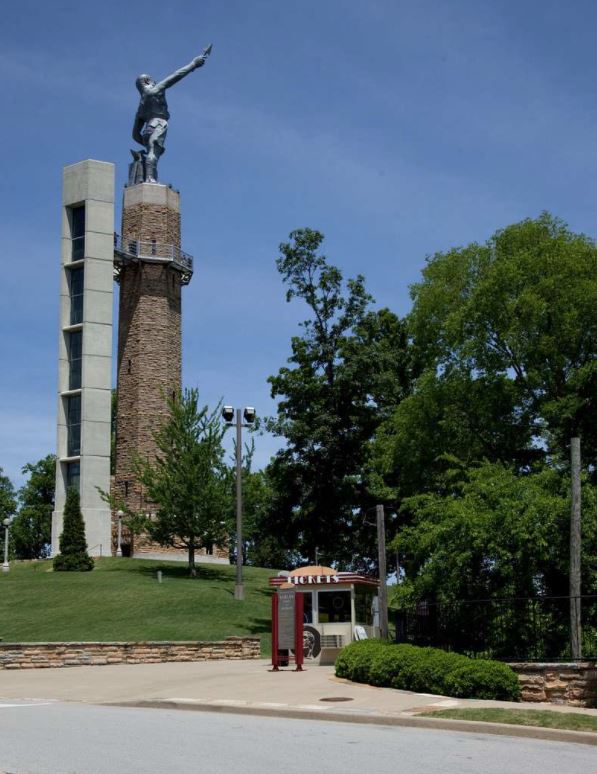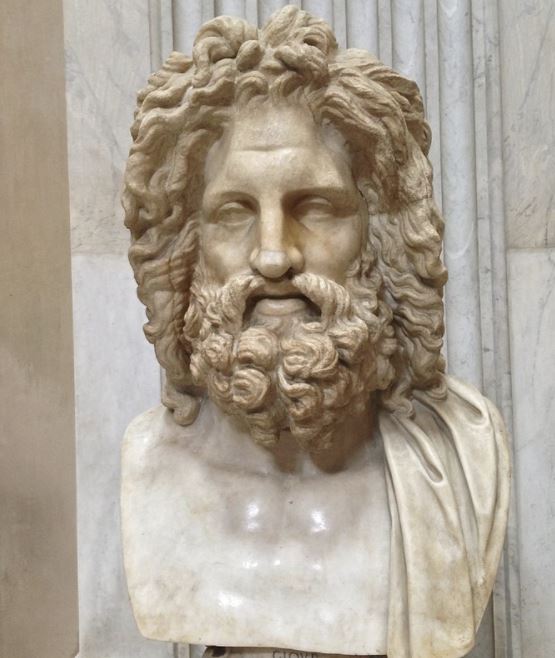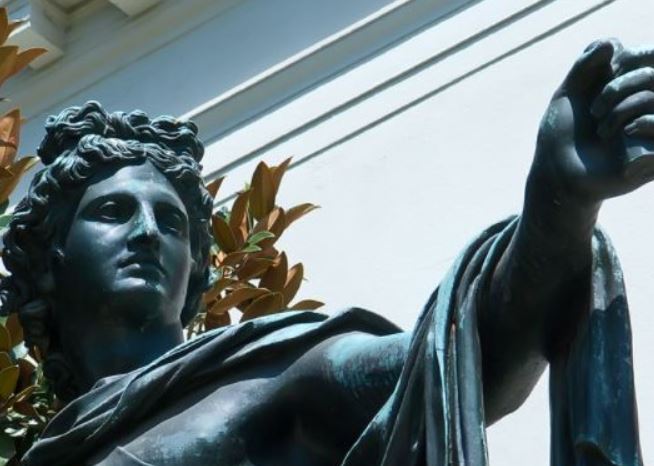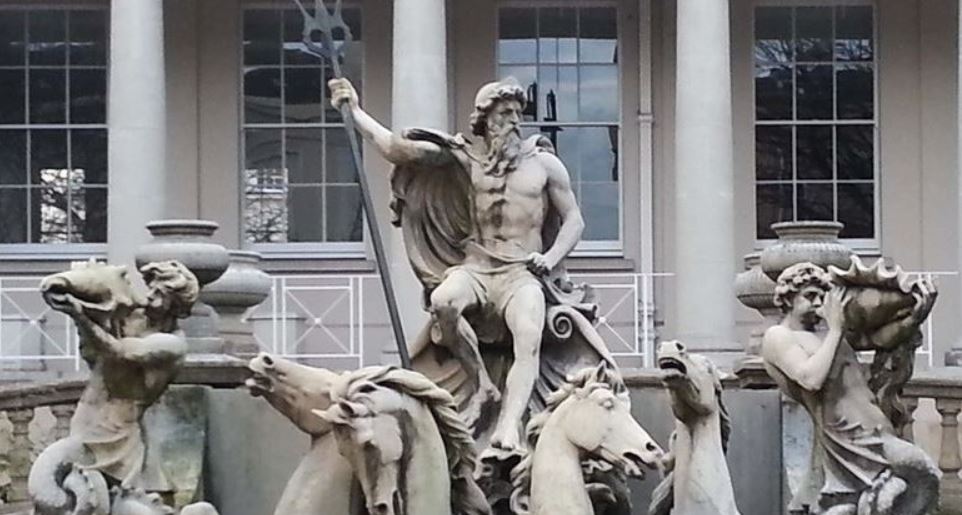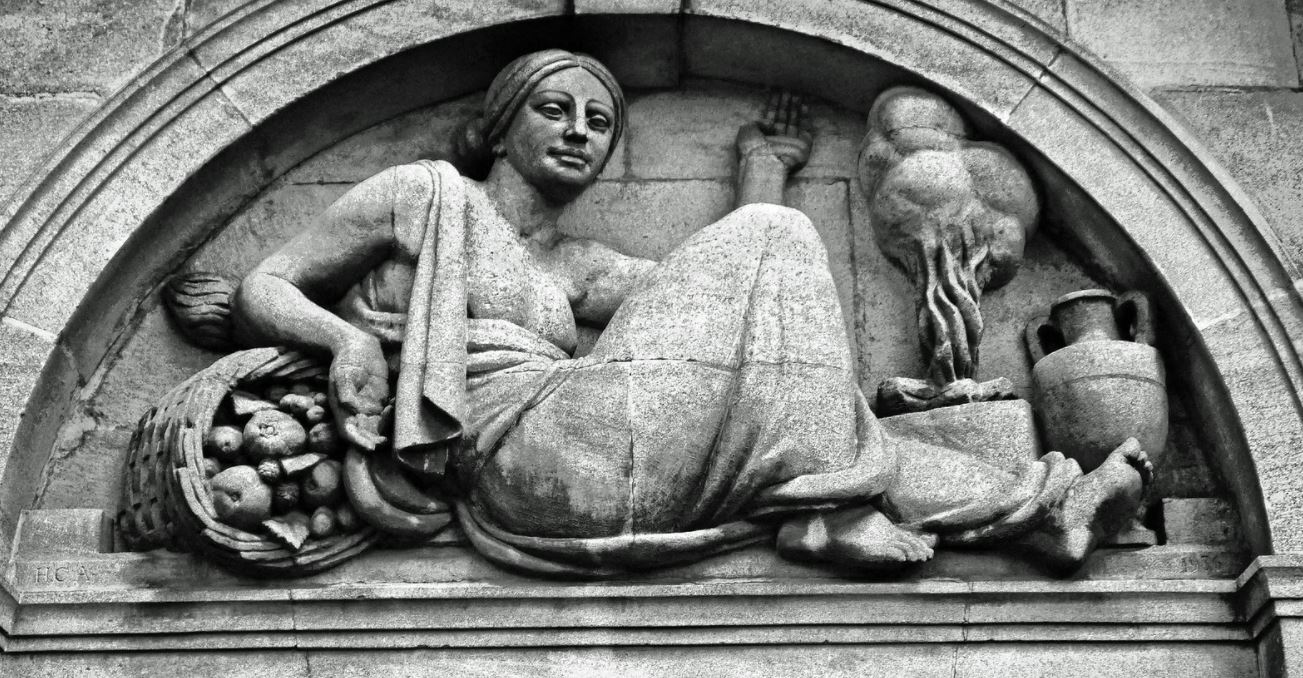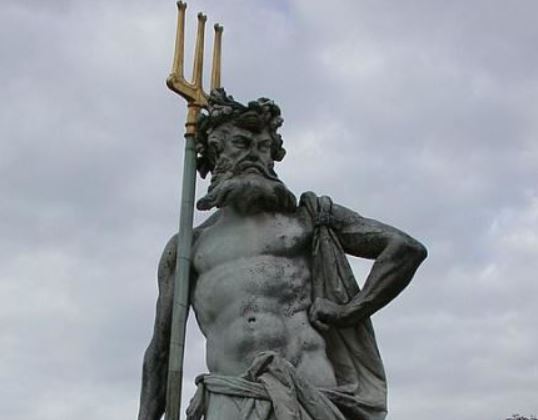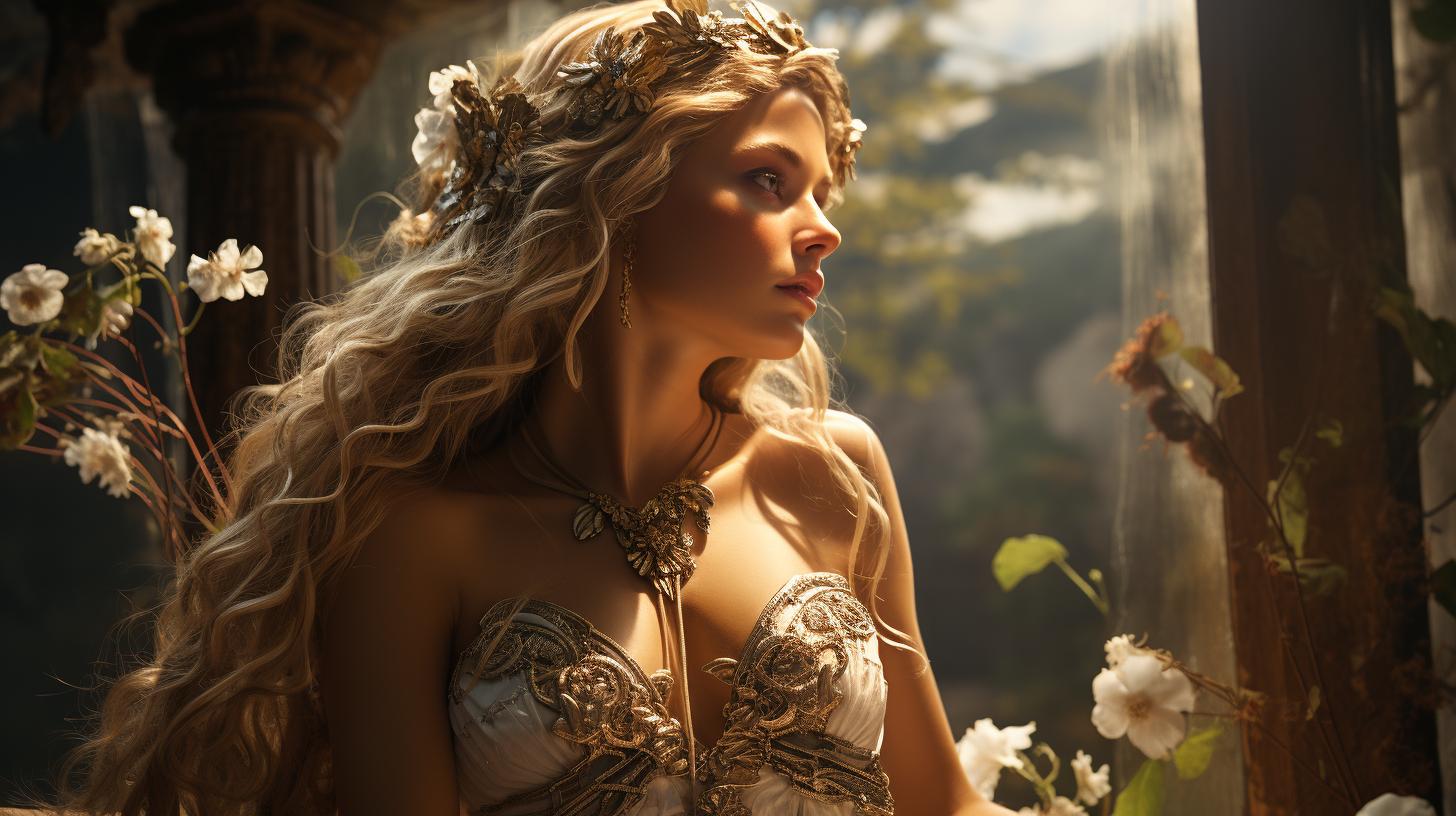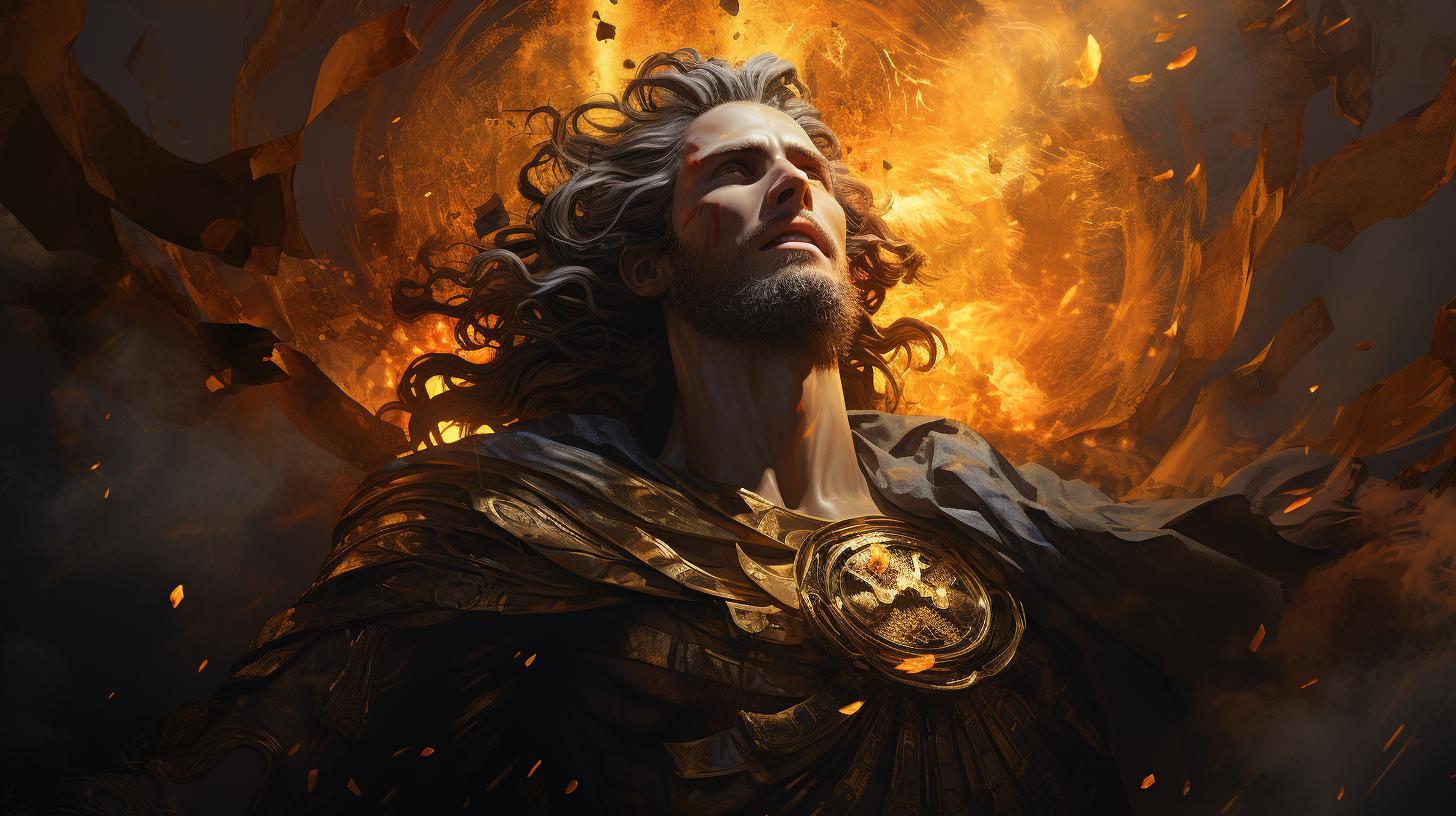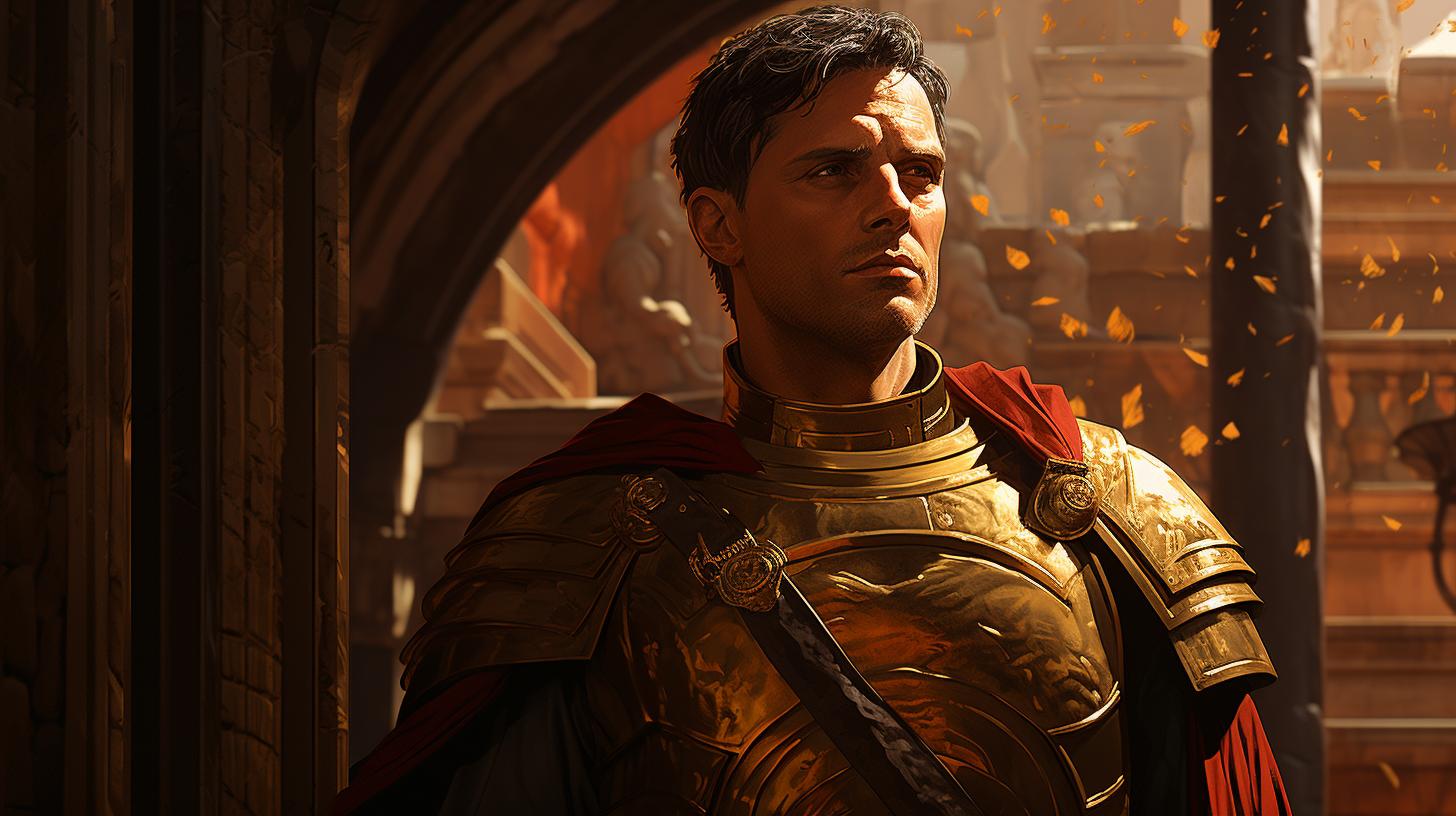Vulcan the Roman God of Fire
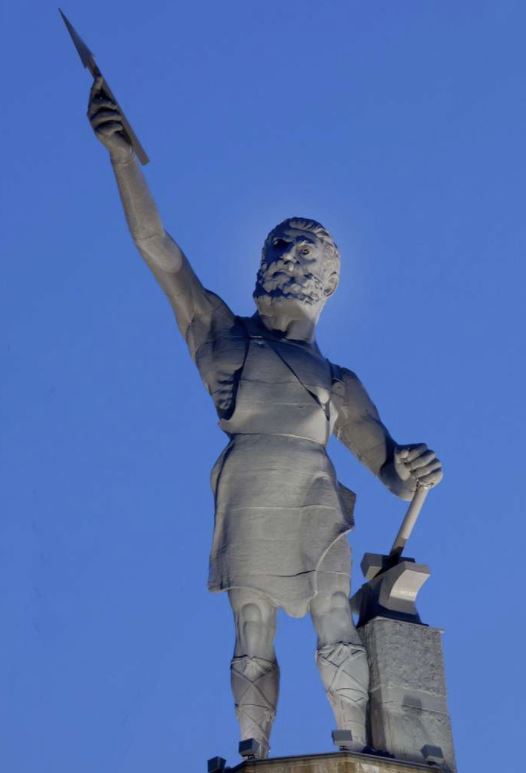
In nature, fire is a fascinating element that changed the course of humanity. For Romans, the fire was represented by one of their most important deities, as it was a symbol of the power of the Roman god Vulcan.
Vulcan the Roman god of fire is an important member of the Roman Pantheon and for good reason.
Vulcan god of fire and governs things like deserts, volcanos, forges, and metalwork. He is the patron of blacksmiths and is often depicted carrying a smith’s hammer.
He is deeply influenced by the Greek god, Hephaestus, who possesses many of the same traits but also has worship that possibly goes back to before the empire’s establishment.
Vulcan the Roman god: Origin of his Name
The origins of the name of Vulcan god of fire remain unknown but in terms of the Latin language, it bears a close resemblance to words like lighting and flames.
There’s a chance that his name was taken from the Crete god Velchanos, which itself might have been the origin of the Etruscan god Velchanes.
A statue of Vulcan God of Fire
History of Vulcan the Roman god
In terms of mythology, several myths are surrounding the god’s parentage.
Some traditions hold him as the son of Juno and Jupiter both, while others claim he was the son of Juno alone. It is said the goddess Juno tried to conceive of a child on her own the way Jupiter did with Minerva.
Either way, the child was born deformed and ugly. So, disgusted, Juno threw her son Vulcan god of fire out of Olympus and he fell into the sea — breaking one of his legs in the process. There, he was found by the nymph, Thetis, and raised underwater as her own.
The child Vulcan then grew up to develop a taste in forging and would make many beautiful things for the other gods. When Juno discovered that he was alive, she commanded him to come home but he refused.
Instead, he gifted her a wonderfully crafted throne that pleased the goddess. When, however, she tried to take her seat on it, it set off a trap which bound the goddess to the chair — rendering her immobile. Jupiter, negotiating the release of his wife, would then give Vulcan the Roman god of fire Vinus’ hand in marriage.
As the Roman god of fire, Vulcan would go on to make a smithy underneath Mount Etna in Sicily and, whenever the volcano shows any sign of activity, it is a signifier that Vulcan is hard at work.
The Mount Etna in Sicily, the location of Vulcan the Roman god
It is also believed that the Roman god of fire is also the creator of all the god’s thrones and is the father of Caeculus, the founder of Praeneste, and Cacus, the monster slain by Hercules.
Roman God Vulcan Facts and Myths: His wife Venus
There is also another myth concerning his ingenious traps involving his wife Venus.
Venus would often be unfaithful on Vulcan the Roman god of fire with the god of war Mars which led him to lay traps on the bed they slept in.
Some Roman traditions pegged Vulcan as the husband of Maia, the mother of Hermes.
Powers of Vulcan Roman god of fire
Volcanic eruptions and great fires were things attributed to Vulcan the Roman god.
Romans would pray to the god and toss fish into flames in the hope that Vulcan god of fire would protect them from conflagrations.
They would also pray for the god to bring fire and destruction down on the enemies of Rome.
Fire and metal bend to Vulcan the Roman god. This made him the patron god and protector of smiths and all those occupations that require an oven or forge. It was also believed he could create artificial beings which aided him in his work.
Apart from that, the god Vulcan was such a skilled forger and craftsman that many other gods and heroes would turn to him for weapons and items imbued with magical abilities.
A statue of Vulcan God of Fire
Vulcan Roman god Symbols
Vulcan the god of fire served as a means of personifying the beneficial but also destructive power of fire.
His worship often takes place outside of the cities boundaries as it often required great heaps of flames.
Vulcan god symbols: Volcanoes
The volcanoes and volcanic activity were often attributed to the god Vulcan working at his workshop. It could also serve as either a good or bad omen for those who lived in cities nearby.
Vulcan god symbols: Metallurgy and blacksmithing
In ancient days, metallurgy and blacksmithing was a highly specialized and necessary trade. They made many of the shields, swords, and arrowheads needed for the empire to engage in war.
Vulcan god symbols: Fire and ovens
Fire and ovens were also essential components in baking and the making of food. These are probably the main reasons why Vulcan occupied such an esteemed place in the Roman Pantheon and was one of the twelve Olympians.
Vulcan god symbol: the fire oven
His festival was called the Vulcanalia and took place on August 23.
This was the time when the summer heat was at its greatest and the crops and granaries were at the most risk of catching fire.
Bonfires with animal beings thrown into them were common around this time and the public engaged in many reveries.
Roman God Vulcan Facts and other details
Here are some interesting and strange facts about the god roman Vulcan:
In Pompeii, the activity of Mount Vesuvius and the fact that the city was celebrating the Vulcanalia lead most of the citizens to ignore the warning signs that the volcano was about to erupt.
In fact, the earth’s tremors and the plume of smoke coming out of the mountain were taken as good omens that the god was busy at his forge and pleased with the city’s worship.
Some other interesting facts about the Roman god of fire
- The word, Volcano, derives from the god Vulcan.
- The largest cast-iron statue in the world is in the image of Vulcan god of dire and is found in Alabama, USA.
The iron statue of Vulcan in Alabama, USA
- Vulcanization, the process of hardening rubbers, derives its name from the god as well.
- There are many statues of Vulcan the Roman god in steel-making or mining towns around the world. It is a testament to god’s protection of blacksmiths and those who work with metal.
- Artists are also fond of painting or paying homage to Vulcan who was himself quite the creative individual.
- Vulcan god of fire was the chosen name of one of Pluto’s moons in an online voting campaign. Though it eventually was named something else, Vulcan still serves as the name for various other fictitious or hypothetical planets.
- Hephaestus and Vulcan are so alike in many ways that it is believed they originated from the same pre-bronze-age religion. That being said, the Romans chose to highlight the destructive side of their roman god Vulcan more.

